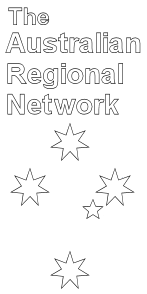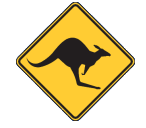Arnhem Land Local History
Local History of Arnhem Land, Northern Territory
Arnhem Land is a vast and rugged region in the north-eastern corner of the Northern Territory, Australia. The region covers about 97,000 square kilometers and is home to around 16,000 Indigenous Australians who belong to many different language groups and cultures.
The history of Arnhem Land goes back at least 60,000 years when the Indigenous Australians arrived and began to adapt to the unique environment. The land is characterized by monsoonal forests, rocky escarpments, rivers, wetlands, and sandy beaches. The Indigenous Australians developed a deep understanding of the land and its resources, and their traditional lifestyle included hunting, fishing, gathering, and ceremonies that connected them to the spiritual world.
The first Europeans to encounter Arnhem Land were the Dutch in the early 17th century, who named the region after the ship Arnhem that ran aground on the coast in 1623. However, it was not until the 19th century that European explorers and traders began to explore the region in earnest. Over the century, Arnhem Land became a key frontier for the colonial expansion of the British Empire, who established military posts, missionary stations, and trading posts in the region. They also introduced new technologies and industries, such as mining, ranching, and fishing, which had a profound impact on the local ecology and economy.
During World War II, Arnhem Land became a strategic battleground as Japan attempted to invade Australia. The region was heavily fortified by the Allies, who built airfields, ports, and supply lines to support their operations. The war had a devastating impact on the Indigenous Australians, who were forced to evacuate their homelands and were exposed to new diseases, cultural changes, and economic pressures. After the war, many Indigenous Australians returned to Arnhem Land to find their homes destroyed, their lands taken, and their communities dislocated.
In the second half of the 20th century, Arnhem Land became a focal point for Indigenous empowerment and activism. The 1963 Yirrkala Bark Petitions, one of the most significant political documents in Australian history, were launched by the Yolngu people of northeast Arnhem Land to protest against the government's decision to excise their traditional lands for mining purposes without consultation or compensation. The petitions stirred up a national debate about Indigenous rights, land rights, and self-determination, and paved the way for the eventual recognition of Indigenous Australians as the original owners of the land and the establishment of land rights legislation in the Northern Territory.
Today, Arnhem Land is a diverse and vibrant region that still faces many challenges but also presents many opportunities. The Indigenous Australians of Arnhem Land are strong, resilient, and proud of their heritage and culture. They continue to adapt to the changing circumstances of the 21st century while preserving their traditional knowledge and wisdom. Visitors to Arnhem Land can experience the unique beauty and richness of this ancient land, and learn about the enduring legacy of its first inhabitants.


















